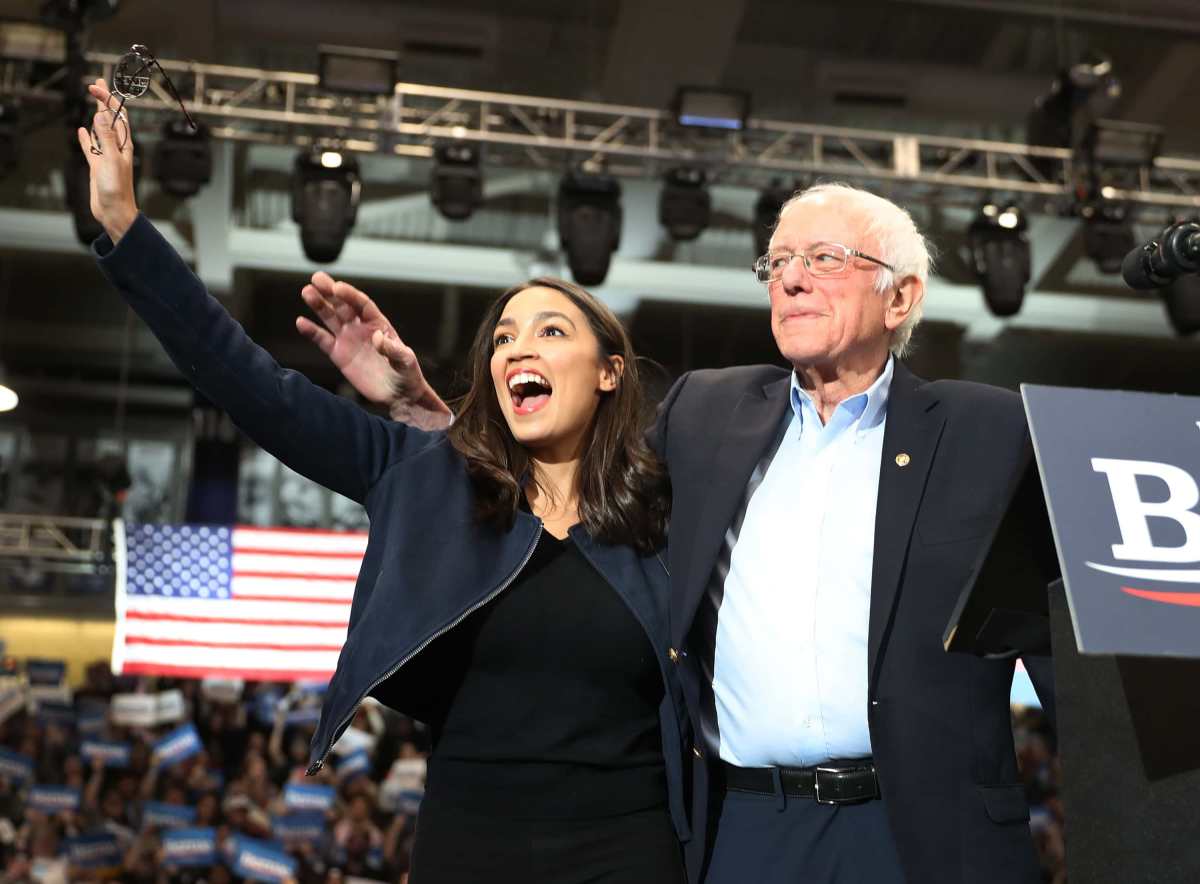Bernie Sanders rejects $908B bipartisan Covid-19 relief deal, says working families should get 'direct payments'

Vermont Senator Bernie Sanders on Friday, December 4, expressed his opposition to the bipartisan Covid-19 relief package, which has been gaining traction in the Senate. His opposition came at a time when the lawmakers are keen to reach a deal to provide relief even as the economy is showing signs of weakness.
The 79-year-old senator said he would cast his vote against the $908 billion relief deal, which has attracted lawmakers from both the GOP and Democratic Party, since its introduction earlier in the week. Sanders said his support for the package would come only if it is “significantly improved”. The package, which has been broadly embraced by senior congressional Democrats and more than six GOP senators, has excluded some key provisions that the liberals have prioritized – like another round of $1,200 stimulus payments.
“Given the enormous economic desperation facing working families in this country today, I will not be able to support the recently announced Manchin-Romney COVID proposal unless it is significantly improved,” Sanders said in a statement, referring to his party Senator Joe Manchin (West Virginia) and Mitt Romney (Utah) -- two key figures who crafted the deal. He also said the same on Twitter. He also slammed the deal saying it had nothing to address the healthcare crisis either.
Given the enormous economic desperation facing working families in this country today, I can't support this proposal unless it is significantly improved. https://t.co/vTonhWNPjz
— Bernie Sanders (@BernieSanders) December 4, 2020
During the worst economic crisis since the Great Depression, when 1 out of 4 workers are unemployed or make less than $20,000, every working class American needs at least $1,200 to pay the rent and feed their families. Manchin-Romney provides nothing for them.
— Bernie Sanders (@BernieSanders) December 4, 2020
While the COVID crisis is the worst it has ever been, Manchin-Romney not only provides no direct payments, it does nothing to address the healthcare crisis and provides totally inadequate assistance for the most vulnerable. That's wrong morally and it's wrong economically.
— Bernie Sanders (@BernieSanders) December 4, 2020
The American people need help NOW! We must make sure every working class American receives at least $1,200 and that we don't give legal immunity to corporations who break the law. I will not support Manchin-Romney in its current form. We must fight together to improve it.
— Bernie Sanders (@BernieSanders) December 4, 2020
“In my view, we have got to make sure that every working-class American receives at least $1,200 in direct payments and that we do not provide a liability shield to corporations who break the law,” Sanders added.
A bipartisan assembly of lawmakers outlined the temporary coronavirus relief proposal on Tuesday, December 1, but it was far less than what the Dems had expected. The proposal, which includes more unemployment benefits, was seen as a “bridge” and could still face challenges as party leaders remain far apart on issues like price tag and details, NBC News reported. Recently, House Democrats passed a $2.2 trillion relief package while GOP leaders in the Senate pursued a $500 billion package that failed to get bipartisan backing.
Senate Majority Leader Mitch McConnell said on Tuesday that he is working in tandem with the White House to see what President Donald Trump will sign on Covid-19 relief.
Both the parties face a December 11 deadline to pass a $1.4 trillion budget or risk a government shutdown while the virus continues to wreak havoc in the country. More than 278,000 people have died in the US because of the virus while 14 million have been affected.
AOC expresses similar concerns
While one would consider Sanders’s opposition to the deal as a symbol of the progressives’ resistance, New York Congresswoman Alexandria Ocasio-Cortez’s made that assumption strong. Hours earlier, ‘AOC’ expressed some concerns that were similar to that of Sanders who she endorsed for this year’s presidency though she remained open to voting for a deal.

“Something is better than nothing but what I have real concerns about is the American people thinking ‘Congress struck a deal, we’re getting COVID relief,’ and then their lives changing very little,” she told NBC News in an interview, adding that she is “extremely concerned that it’s not going to solve the immediate problems that people have”.
“If you're on the brink of an eviction or if you're behind on six months of bills, you need that check, you need the check, and state and local funding isn't going to help you,” Ocasio-Cortez said. “And so the millions of people who are most desperately impacted need a check.”
President-elect Joe Biden, who has encouraged bipartisan talks, also signaled on Friday, December 4, that he is in favor of direct payments.










